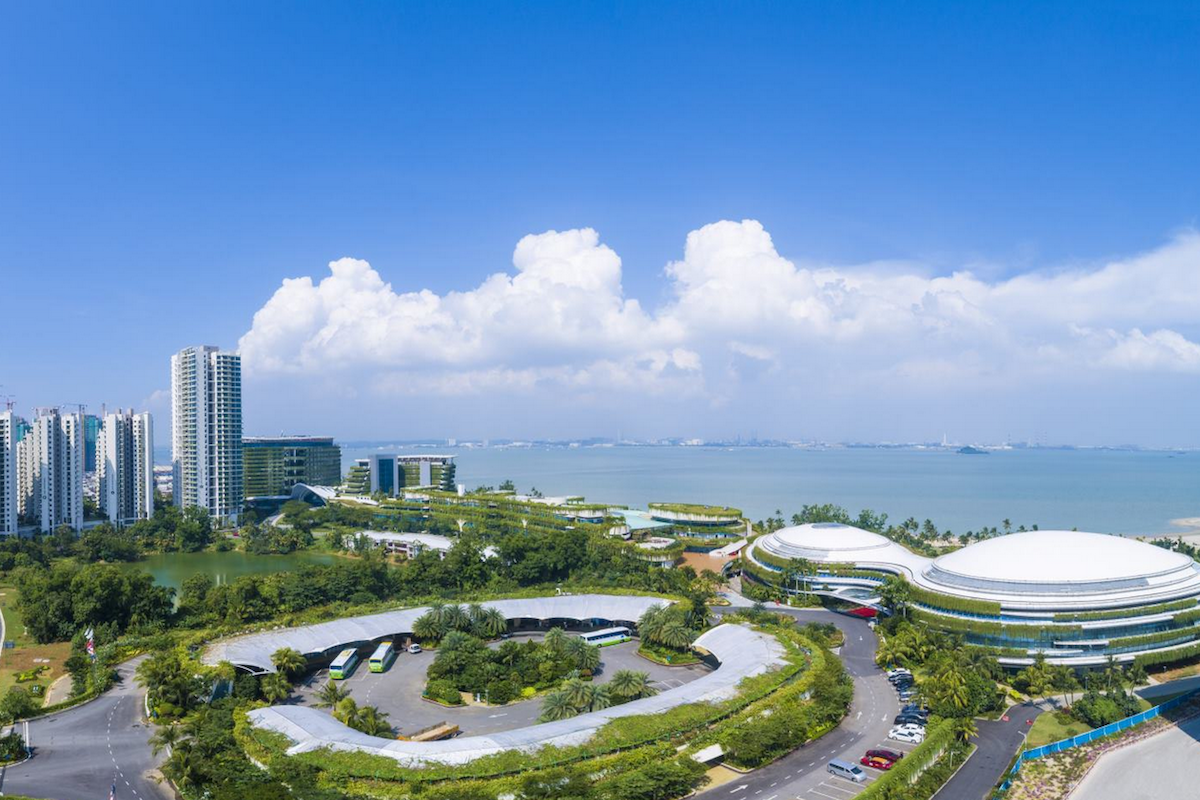Just a few years ago, artificial intelligence was a movie plot, 3D printing a messy novelty, and a robot designing, let alone building, our next home would have us living in boxes made of extruded grey paste.
Yet now most of our lives are now so seamlessly touched by AI, that it’s difficult to imagine life without it. And this is just the beginning.
When I think about the future of our cities and how we design, build and live, I am excited about the opportunities ahead for our built environment.
Smart cities will be the minimum standard, not just a feature of future urban environments. Through a single digital platform, we will see integration of our transport, municipal, consumer and business needs; encouraging local participation and community engagement, and unlocking the 30-minute city (the idea that we can engineer our cities so that home, work and play are all accessible within 30 minutes).
This will reduce commutes, promote polycentric city planning, and increase the capacity of existing infrastructure, while providing greater community and safety outcomes.
You only need to look at our parent company, Country Garden, and its ‘Forest City’ project in Malaysia to see many of these technologies being applied right now.
We have reached a point where AI can assist in the land-use planning of urban areas. Drawing on thousands of datasets, projects and examples of best practice, we can provide instant optimisations of open space planning, solar access and pedestrian management, while integrating ‘safer by design’ principles, local standards and engineering.
Robotics will surpass existing shortfalls in prefabrication, modularisation and construction planning. We will realise truly customised, on-demand modularity that is faster, more affordable and safer than traditional construction.
Autonomous vehicles will revolutionise the way we move, with on-demand driverless services. If government can keep up, we will see next-generation public transportation so efficient, convenient, and affordable that the family home will need a new use for its obsolete garage.
I am also inspired by Country Garden’s investment of RMB8 billion (A$1.6 billion) over the next five years, and its commitment to supporting 200 doctoral researchers in developing future urban technologies for our business. This vision is critical for us to remain at the forefront of our industry, which is changing at an unprecedented rate.
In Australia, this shift in the industry, combined with the softening of the residential market, will be a Darwinian moment for those that don’t adapt.







